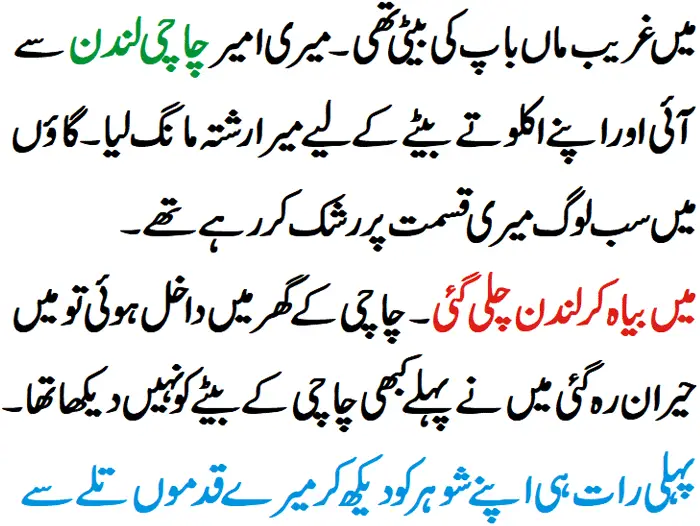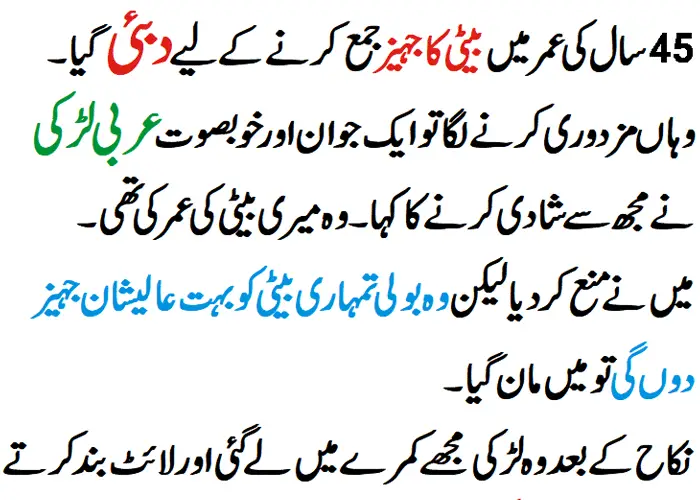
Zinc is an essential trace mineral that plays a vital role in various physiological functions in the body. From supporting the immune system to aiding in cell growth and division, zinc’s importance cannot be overstated. However, many people may not be aware that they are deficient in this crucial nutrient.
Zinc Deficiency
Zinc deficiency occurs when there is insufficient zinc in the body to meet its needs. This can happen due to inadequate dietary intake, poor absorption, or increased losses through bodily processes. Zinc is not stored in large quantities in the body, so a regular supply through diet is necessary. Recognizing zinc deficiency can be challenging as the symptoms are often subtle and can overlap with other health issues.
Hidden Signs and Symptoms of Zinc Deficiency
Weakened Immune System: Zinc is crucial for maintaining a robust immune system. A deficiency can lead to a higher susceptibility to infections, colds, and flu. If you find yourself frequently falling ill, it might be due to low zinc levels.
Hair Loss: Hair loss can be a distressing symptom of zinc deficiency. Zinc plays a role in cell reproduction and tissue growth, which are critical for maintaining healthy hair. Insufficient zinc can lead to thinning hair and increased hair fall.
Skin Problems: Skin conditions like acne, eczema, and psoriasis can be exacerbated by a lack of zinc. This mineral is essential for maintaining skin health and promoting healing. Zinc deficiency can result in dry, flaky skin and slow wound healing.
Impaired Taste and Smell: Zinc deficiency can affect the senses of taste and smell. If you notice that your food tastes bland or you have trouble identifying scents, it might be due to low zinc levels. This can also lead to a decreased appetite.
Cognitive Issues: Zinc is vital for brain health. A deficiency can lead to cognitive impairments such as difficulty concentrating, memory problems, and mood swings. Chronic low levels of zinc have been linked to depression and anxiety.
Delayed Growth and Development: In children, zinc deficiency can cause delayed growth and development. This includes stunted growth, delayed sexual maturation, and behavioral issues. Ensuring adequate zinc intake is crucial during the growing years.
Poor Wound Healing: Zinc plays a critical role in the body’s ability to heal wounds. A deficiency can result in slow healing of cuts, scrapes, and other injuries. If you notice that your wounds are taking longer than usual to heal, it could be due to insufficient zinc.
Natural Sources of Zinc
Ensuring an adequate intake of zinc through natural sources is the best way to prevent deficiency. Here are three excellent natural sources of zinc:
Shellfish: Shellfish, particularly oysters, are among the richest sources of zinc. Just a few oysters can provide more than the daily required intake of zinc. Other shellfish like crabs and lobsters are also good sources. Including shellfish in your diet once or twice a week can significantly boost your zinc levels.
Legumes: Legumes such as chickpeas, lentils, and beans are great plant-based sources of zinc. They are also rich in fiber and protein, making them a nutritious addition to your diet. However, legumes contain phytates, which can inhibit zinc absorption. To enhance zinc absorption, it is advisable to soak, sprout, or ferment legumes before consuming them.
Seeds and Nuts: Seeds and nuts like pumpkin seeds, sesame seeds, cashews, and almonds are excellent sources of zinc. These can be easily incorporated into your diet by adding them to salads, and yogurts, or simply consuming them as snacks. Besides zinc, they also provide healthy fats, vitamins, and antioxidants.
Boosting Zinc Absorption
While consuming zinc-rich foods is important, enhancing the body’s ability to absorb zinc is equally crucial. Here are some tips to improve zinc absorption:
Pair with Protein: Consuming zinc with protein-rich foods can enhance its absorption. Animal proteins, in particular, can help increase zinc uptake.
Avoid Excessive Iron: High levels of iron can interfere with zinc absorption. If you are taking iron supplements, ensure they are not taken simultaneously with zinc-rich foods or supplements.
Limit Phytates: As mentioned earlier, phytates found in whole grains, legumes, and seeds can inhibit zinc absorption. Preparing these foods by soaking, sprouting, or fermenting can reduce phytate levels and improve zinc availability.
Zinc is a critical nutrient that supports numerous bodily functions, and deficiency can lead to a variety of health issues. By recognizing the hidden signs and symptoms of zinc deficiency, such as a weakened immune system, hair loss, skin problems, impaired taste and smell, cognitive issues, delayed growth, and poor wound healing, you can take steps to address it. Including natural zinc sources like shellfish, legumes, seeds, and nuts in your diet can help maintain adequate zinc levels. Additionally, adopting strategies to boost zinc absorption ensures that your body effectively utilizes this essential mineral. Remember, a balanced diet rich in diverse nutrients is key to overall health and well-being.






